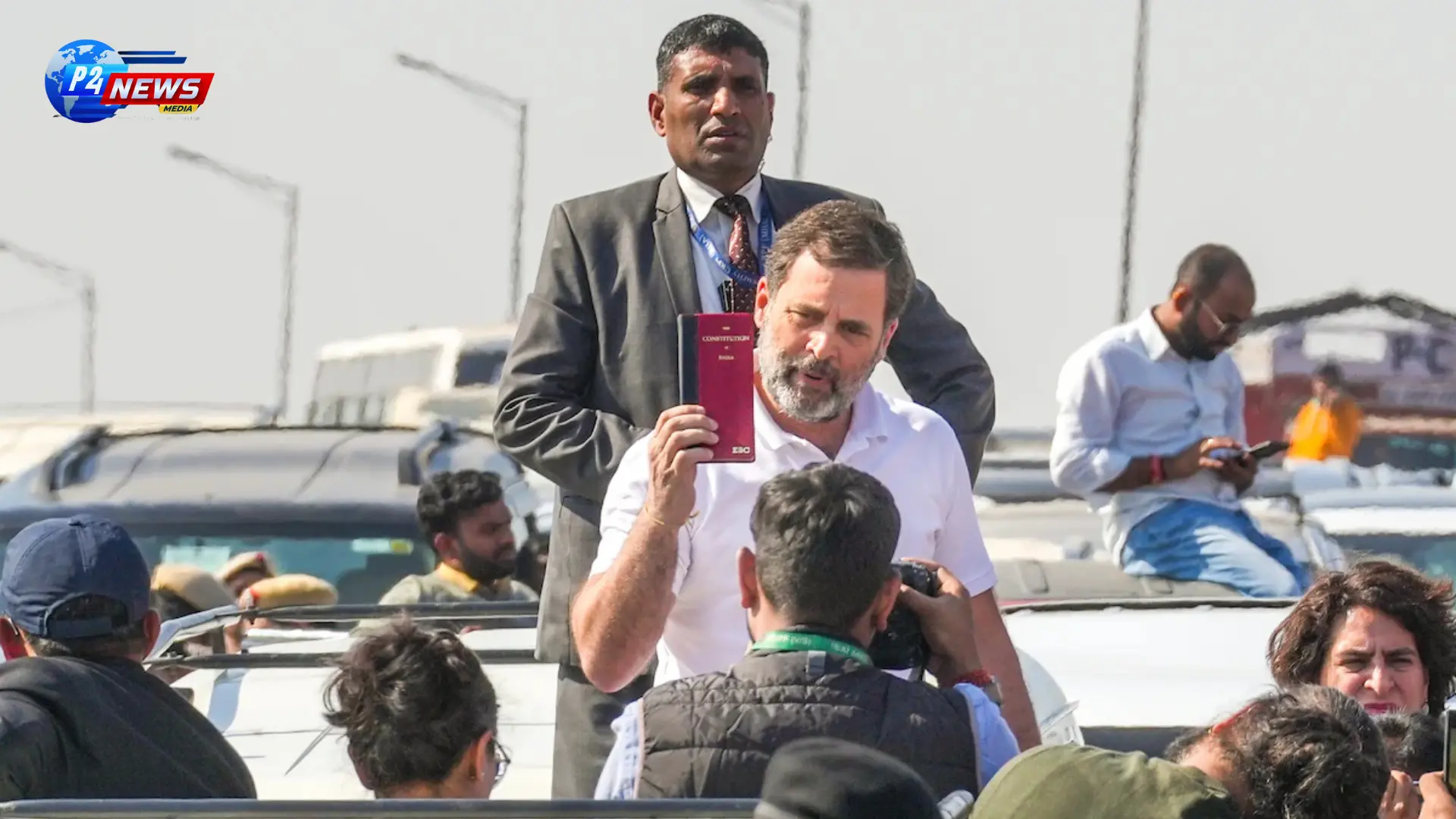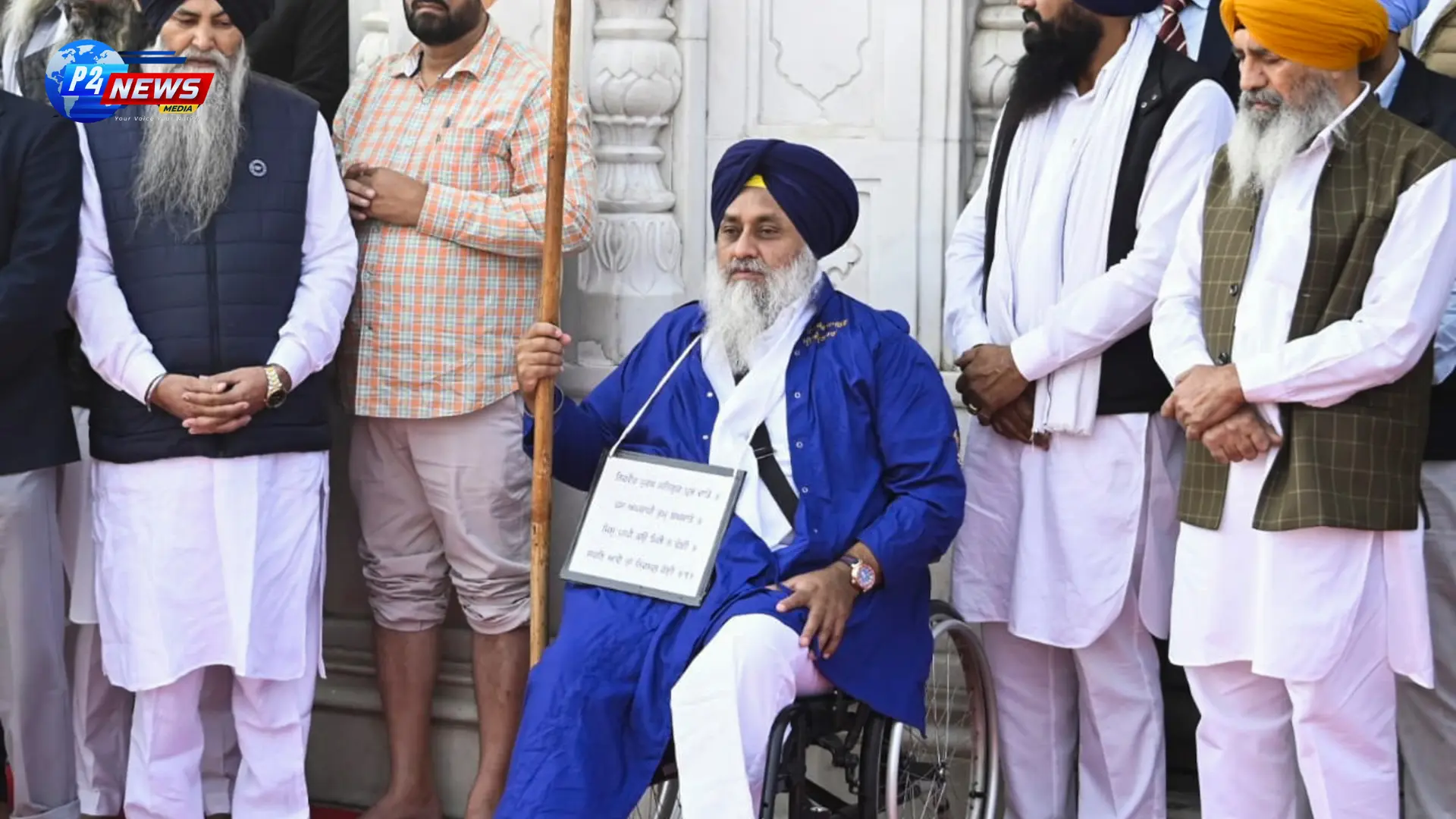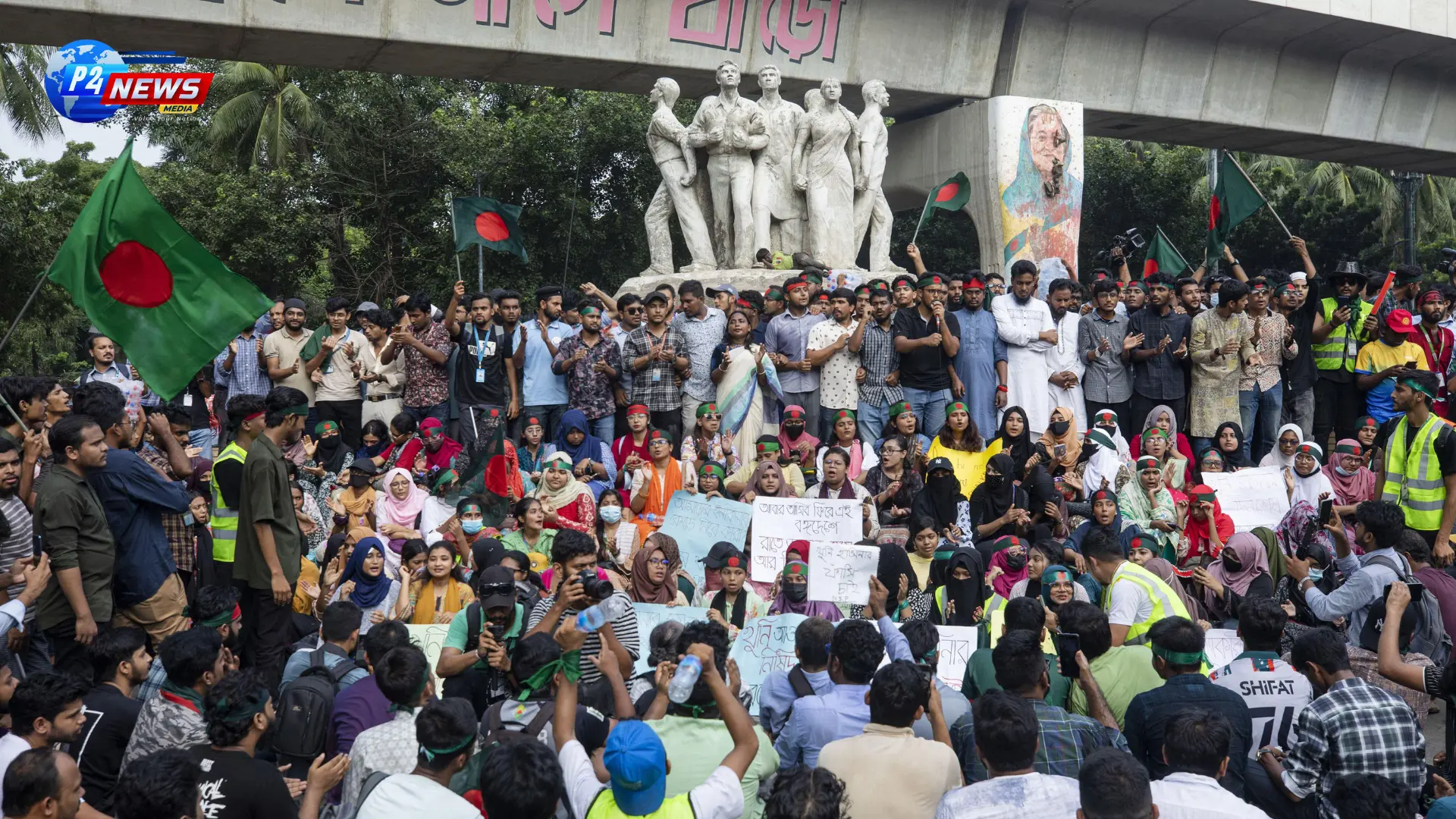The BJP has criticized Rahul Gandhi for not visiting Sandeshkhali in Bengal amid serious allegations against a local Trinamool leader. This followed the Congress leaders' blocked trip to Sambhal, where violence erupted over a historical mosque. With tensions on the rise, BJP leaders are accusing the opposition of political opportunism and bias.
The recent political turmoil in India has taken a new turn with the Bharatiya Janata Party (BJP) raising questions about the motives of Congress leaders Rahul Gandhi and Priyanka Gandhi Vadra. Their planned visit to Sambhal, Uttar Pradesh, was thwarted by local authorities citing a sensitive law-and-order situation. This situation arose following violent incidents linked to claims regarding the historical status of a mosque, leading to tragic outcomes, including loss of life. In light of this incident, BJP leaders have made strong statements criticizing the Congress leaders for what they deem an opportunistic approach to politics.
BJP Rajya Sabha member Sudhanshu Trivedi has publicly challenged Mr. Gandhi as to why he has not echoed similar urgency regarding issues in Sandeshkhali, West Bengal. This area became the focus of controversy back in January when local leaders of the Trinamool Congress were accused of involvement in violent incidents, particularly an attack on an Enforcement Directorate team. Allegations of severe misconduct, including sexual assault against a prominent Trinamool leader, have surfaced, further complicating the political narrative.
During a press conference, Mr. Trivedi labeled the Congress' attempt to visit Sambhal as nothing more than a photo opportunity. He emphasized that Rahul Gandhi, as the Leader of the Opposition, should maintain impartiality and address all incidents of injustice, regardless of political affiliations. Meanwhile, Deputy Chief Minister Keshav Prasad Maurya added to the criticisms, suggesting that both Gandhi and Akhilesh Yadav of the Samajwadi Party are merely seeking to curry favor with Muslim voters amidst political strife.
The BJP's narrative has garnered support from leaders across the party, with accusations that Gandhi is engaging in political theatrics rather than addressing pressing issues. From Madhya Pradesh to Chhattisgarh, voices within the BJP have echoed similar sentiments, asserting that the declining influence of the Congress and the Samajwadi Party is inevitable. They argue that the ongoing drama surrounding the Sambhal visit is indicative of a larger strategy to distract from the failures of these parties over decades.
As the political landscape continues to evolve, the Congress' attempts to engage with voters in Uttar Pradesh will undoubtedly face scrutiny. Some analysts suggest that the standoff with local law enforcement reflects broader challenges faced by the opposition in rallying public support. Meanwhile, the events in Sambhal have prompted both regional and national conversations about the future of political alliances and the responsibilities of opposition leaders in the current climate.
In conclusion, the BJP's challenge to Rahul Gandhi's silence on the Sandeshkhali incidents, coupled with the chaos surrounding the attempted visit to Sambhal, encapsulates the fraught nature of Indian politics today. Each party seeks to define its narrative, with the BJP positioning itself as a guardian of law and order and the Congress striving to reclaim its relevance in a rapidly changing political environment. The outcomes of these political machinations will likely have lasting implications for the parties involved and the electorate they seek to serve.
















Comments 0